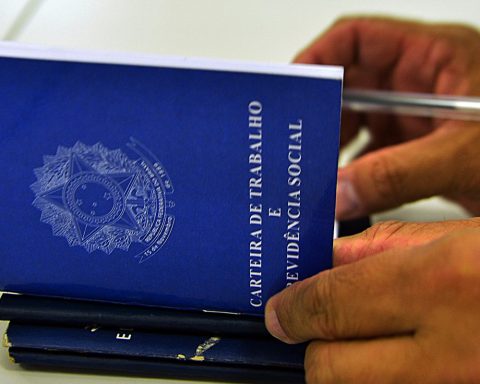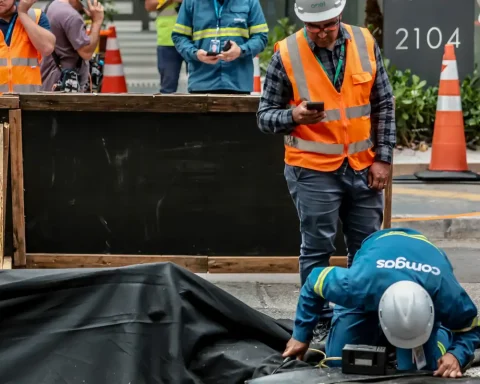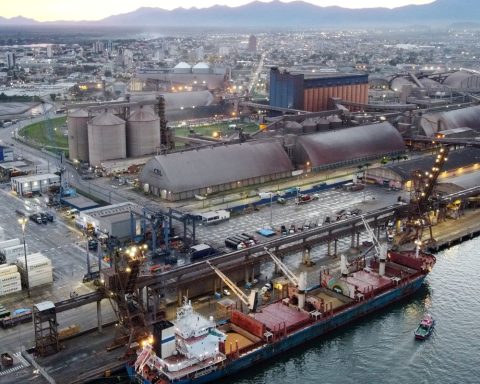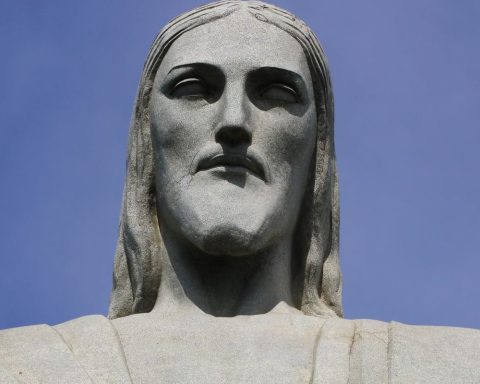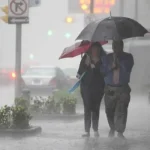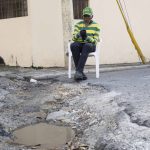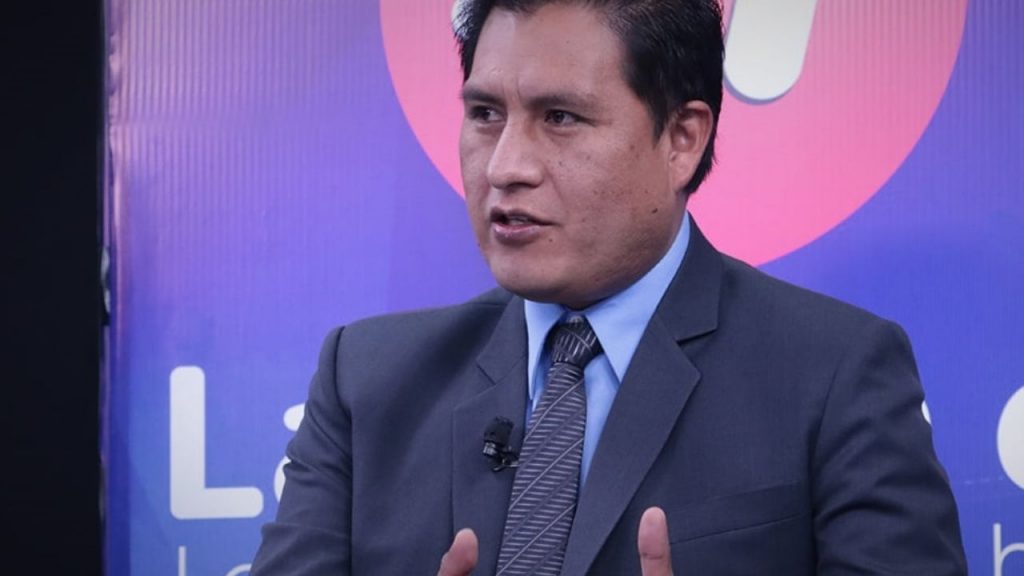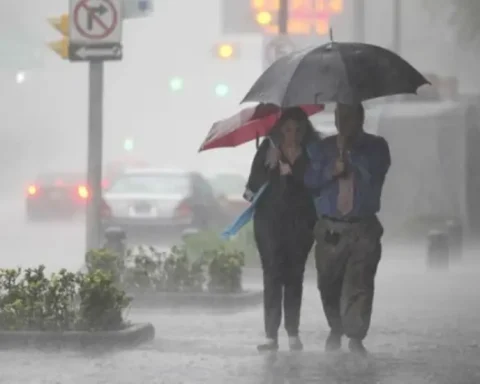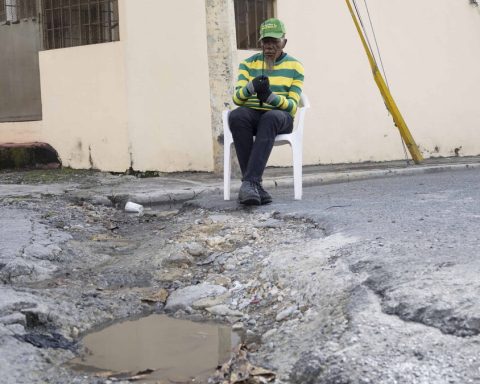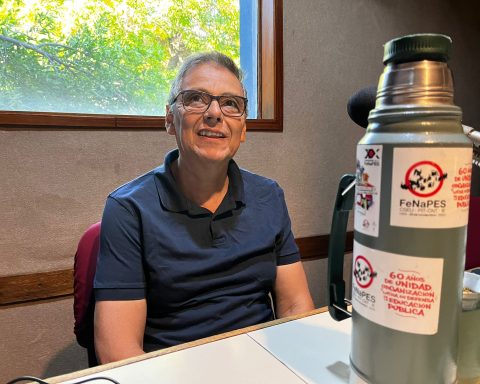The energy sector may undergo technological adaptations that will represent a revolution similar to that which occurred with telecommunications. In practical terms, it means, among a still unimaginable number of possibilities, to transform energy meters and other equipment into artificial intelligence units and, from the digitization of data and procedures, expand the quality and services provided by companies in the sector as never before. .

The digitalization potential of the energy sector goes far beyond what can be imagined nowadays, as suggested by a study released this Friday (26), in Brasília, by the Ministry of Mines and Energy (MME). That’s what I told the Brazil Agency the director of the Energy Development Department at the MME and coordinator of the Energy Systems of the Future project, Carlos Alexandre Príncipe Pires.
The study Use of New Digital Technologies for Measuring Energy Consumption and Energy Efficiency Levels in Brazil is, according to him, “an idea launched into the air” to show the community and, in particular, companies in the energy sector, “a horizon initial” on the impact that the digitization of equipment and services can have for Brazil.
Elaborated through the Brazil-Germany Energy Partnership, the work is the product of a cooperation between the Ministry of Economy and Energy (BMWi) of Germany and the MME, which is based on European experiences in the use of Artificial Intelligence, Internet of Things (IoT ), Big Data and cutting-edge digital technologies.
It provides inputs on how to use these technologies to collect, process and analyze data related to energy consumption and energy efficiency measurement in the Brazilian context.
Fast process and no turning back
“My perception is that digitization is a process with no return for all sectors at some point, as it is a tool that allows for greater efficiency in the use of resources. Otherwise, she wouldn’t be justified. This is very noticeable. All sectors where there is digitalization become more competitive and efficient, and this will not be different in the energy sector”, he argued.
Pires added that the effects of the digitization of this sector will occur at an even greater speed than that of telecommunications, since they have as their starting point tools already made available by telecommunications, both in the residential, commercial and industrial scope.
“The tendency is for this process to take place faster than what happened in telecommunications, not least because telecommunications have saved time for other sectors. But everything will depend on a step yet to be taken in the modernization of the electricity sector. I believe that, in the free energy market, this step will be taken much more quickly because it is intrinsic to market freedom. In captives, which are the energy distributors, the pace will be slower, but as or faster than the legislation allows”, complements the director of the MME.
In view of so many possibilities, according to Pires, there is no way to avoid making a “parallel” between the digitalization process and what happened in the communications sector. “Before, there were landlines and payphones. When cell phones appeared, we didn’t have the exact idea of where we could go. Nobody imagined that, in just over ten years, even complex banking operations would be done through them”, he observed.
Artificial intelligence and “prosumer”
He adds that the digitization of the sector encompasses not only consumption and supply, but “almost infinite possibilities of using artificial intelligence to improve processes”.
“The consumer becomes what we call a prosumer: a more proactive consumer who, for example, can become a producer by generating, consuming and distributing energy from his own home,” he said, pointing to a basic example of what he sees as a of the possible “revolutions” that should take place in the sector, from the adoption of technologies involving the digitization of the consumer relationship.
The possibilities don’t stop there. “Consumers will be more active in their relationship with companies, knowing how much they consume in real time and adopting adjustments that may or may not be automated residentially, commercially and industrially.” In this sense, still in the field of examples, an air conditioner could be turned on shortly before a person arrives at home, from a geolocator that, via the Internet, transfers this information to the home’s energy center. It can also be turned off automatically, making use of this same technology, when the person leaves the house.
Energy distribution
Digitization will also have functionalities in the energy distribution area. “It will not require a person to go to measure energy consumption or even make connections or reconnections. Everything can be done remotely. Another possibility is to automate, with the help of artificial intelligence, the reconnection, in an alternative way, of the energy supply in case the transformer in a neighborhood presents a problem”, explained Pires.
In the industrial field, sensors can provide, to any production process, more efficiency. For example, by immediately stopping production when a fault is detected. “And, immediately afterwards, resume the production process in other ways as soon as possible, with machines turning on and off based on decisions made by artificial intelligence”, argues the director of the MME, detailing situations in which digitization can be much broader rather than a relationship between consumer and distributor.
There is also the expectation that, as a fleet of cars is digitized and electrified, the car batteries will also serve as a backup in situations of power outages in homes, preventing vital equipment such as respirators or even refrigerators and freezers cease to function.
what does the study say
The study released by the Ministry of Mines and Energy indicates some basic technical and network infrastructure challenges for Brazil to advance in the digitalization of services offered by electricity companies.
One of them is related to the “need for effective communication between the measuring point and the distributor [necessidade de um sistema bidirecional de comunicação, o gerenciamento deste sistema dentro do negócio de energia], and its associated costs [quem pagará o investimento e como ele deve ser articulado entre as diversas possibilidades e players]”.
Another challenge is for the country to promote a “regulatory and legal modernization of the energy distribution concession, to demand, encourage and monitor digitalization throughout the energy business chain”, in order to evolve the “status quo current operational constraints” of energy distributors, and to offer “more energy services and solutions, with participatory models and recognizing the interference of new energy trading mechanisms possibly infiltrating and competing in their supply chain”.
cyber security
The study also presents some risks that must be taken into account in order to avoid problems such as the misuse of data obtained from customers. The issue of data confidentiality is something to be considered, since “every process that is digitized also becomes a target”. “We need to be careful about this. This is a pertinent discussion that needs to be worked on”, according to the director, appointed by the ministry to explain the study that addresses the topic.
“Some examples and questions of this change are the result of this analysis: how much information (and what) should be stored in real time or at certain times, about the consumption and quality of energy delivered to the customer? What to do with this information to promote an effective relationship? How to guarantee the use of this information and the customer’s privacy regarding its consumption – what are the restrictions on the use of customer information for the concessionaire to expand services? How to expand the relationship and ensure an effective partnership between the customer and the concessionaire, as well as the perception of the value of this new relationship? The answers will be given by the various agents of the process, with parsimony, as they depend on the strategies adopted by each business, they are regionalized and also need to be regulated”, he indicated.
According to the survey, “the processing of these data, in real time, storage in a useful format for agility in its processing and usefulness, the maintenance of information for strategies and decision-making by the customer, the distribution concessionaire, society, the regulator represent a great challenge. The privacy of individual and collective data must be exercised and guaranteed, an open question in Brazil for the great big data [conjunto de dados maior e mais complexo, especialmente de novas fontes de dados] generated”.
“If the consumer is elected and respected as the promoter of the process, new horizons will be conquered as a result of the intelligent arrangement of the network and the new business that can be generated”, he added.
Planned and systematic transition
Also according to the MME survey, the proposed changes with the smart grid, IoT and digitalization of networks are “culturally profound for the players and for society”, demanding, therefore, rethinking, testing and reorganizing existing processes and situations of decades of operation of energy networks, regulatory norms and laws.
“It is hoped that Brazilian energy concessionaires will be able to carry out the transition in a planned and systematic way, gradually expanding the knowledge of their customers and their network. Customers are also expected to be acculturated to their responsibilities and rights and to be able to contribute intelligently to the business, as a purchase decision maker and effective demand structuring agent”, concludes the study.

